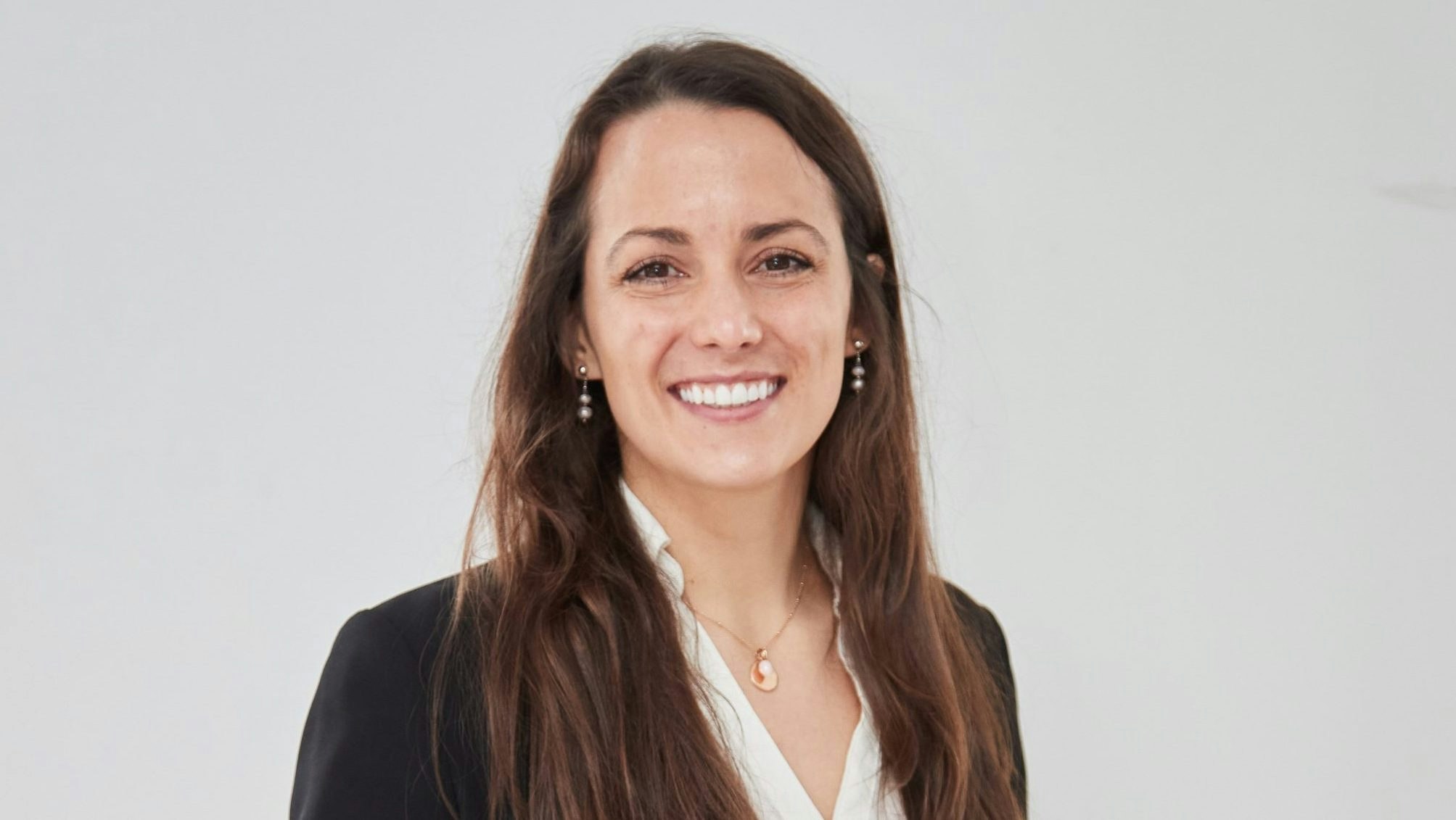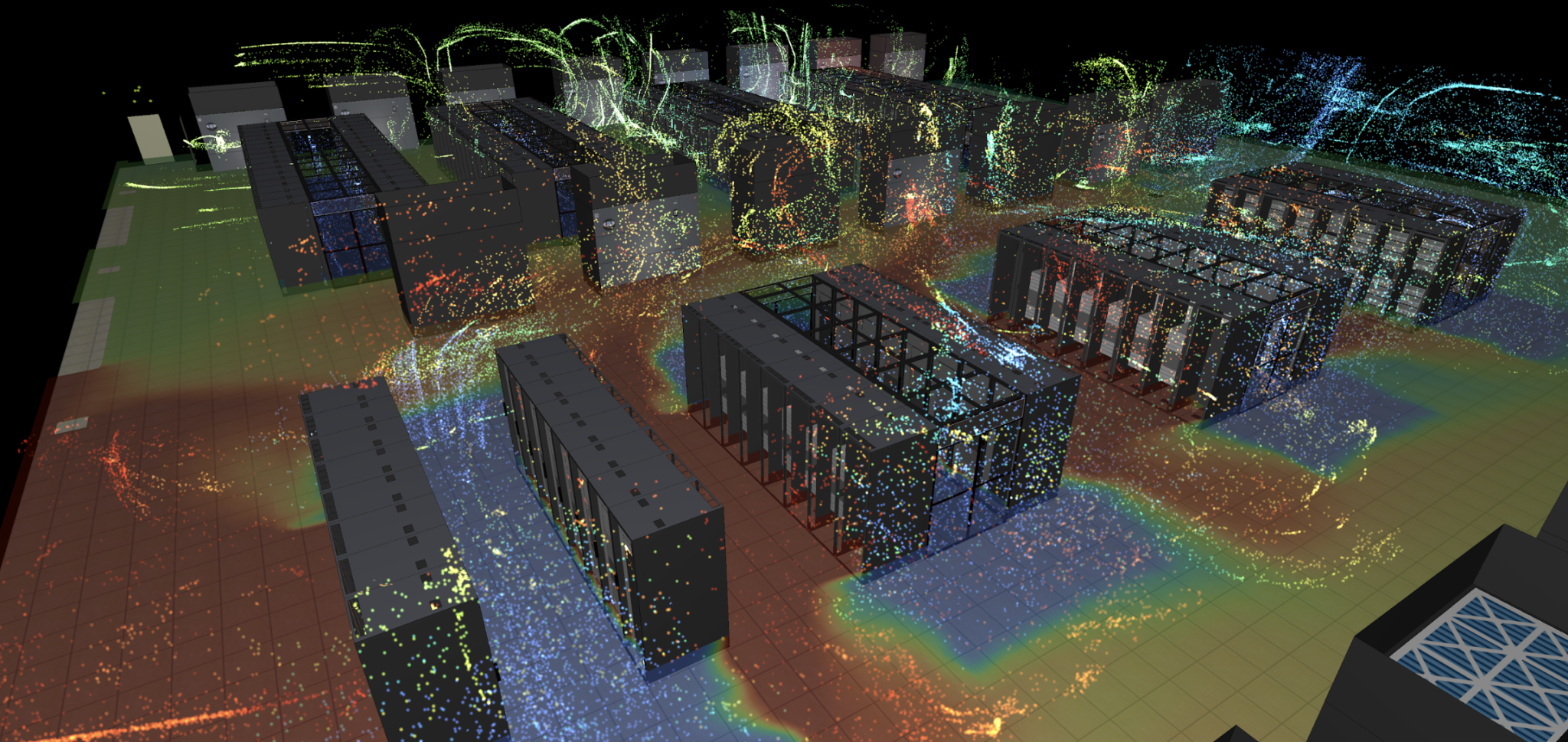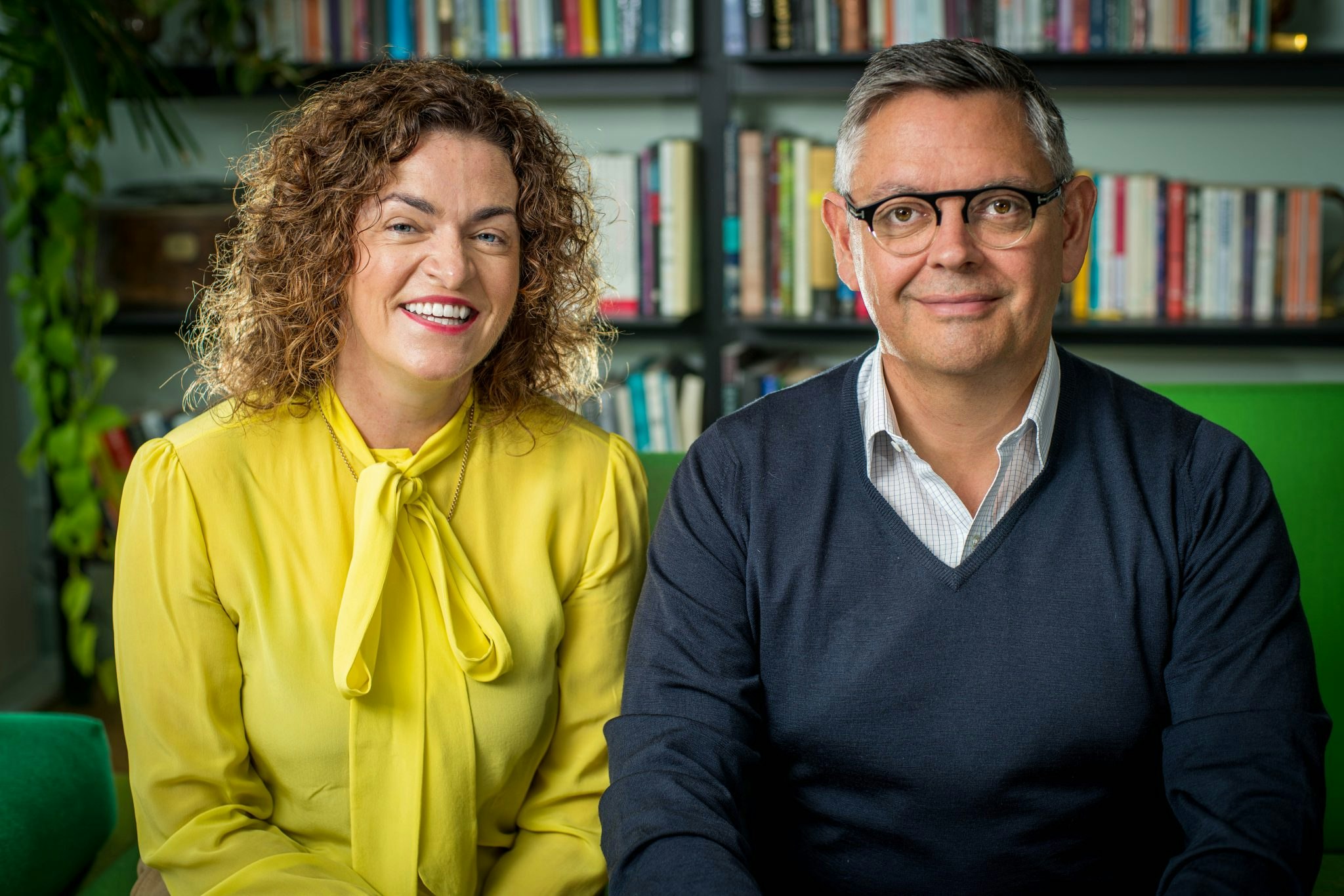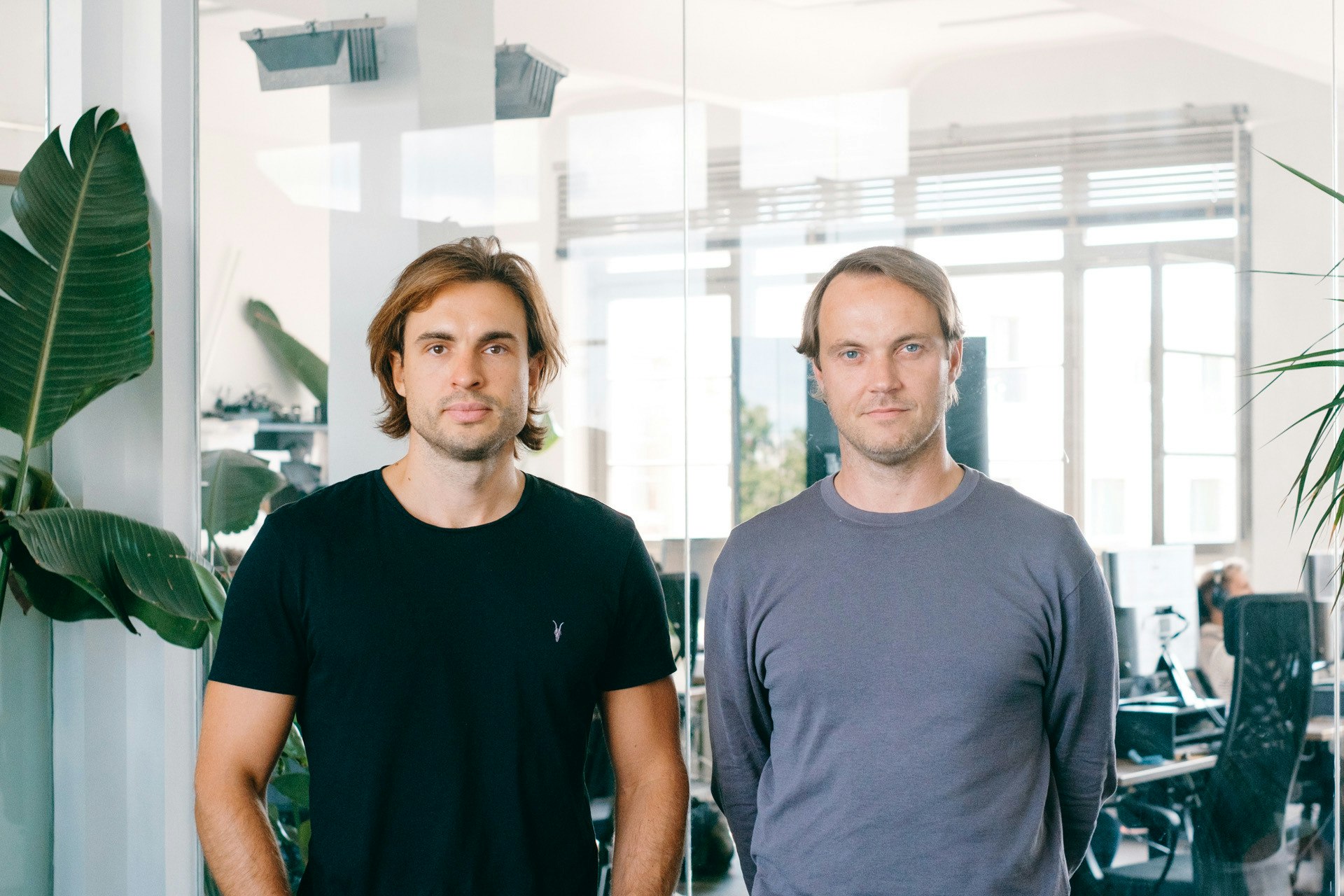A huge 26% of all greenhouse gas emissions come from the built environment, including homes, offices and public infrastructure, such as highways.
Energy and resources are used to construct and develop buildings and infrastructure, and then used again in heating, powering and operating them.
Investors are increasingly cottoning on to the potential financial upsides in the decarbonisation of the built environment. A new report from VC firm A/O shows that 70% of all VC investment into the built environment goes to climate technologies — up from just 20% five years ago. Non-climate-related built environment technologies can include things like house financing models and industrial technologies.
In that, it is proving slightly more resilient than the wider VC world: global VC funding into the sector has dipped 13% year-on-year in the first half of 2023, compared to 32% across tech more broadly.
So which built environment startups are VCs watching next?
Sifted asked four VCs to name companies they’ve got their eyes on — with one condition, they can’t be in their portfolio.
Burhan Pisavadi, investment manager at PT1
VundaHaus — UK
The UK has some of Europe's worst housing stock. There’s regulatory pressure to improve and retrofit them, but existing approaches can’t scale. They're too expensive and too time-consuming and there aren't enough labourers who can do the work. In parallel, fuel poverty and the frequency and intensity of extreme cold weather is increasing.
VundaHaus produces a wall insulation system that can be installed without the need for skilled labour, meaning it is able to insulate homes four times faster than traditional methods. VundaHaus recently secured grant funding to accelerate product development, as it prepares to pilot its system and raise pre-seed early next year.
Spruce — UK
Decarbonising heating means installing heat pumps and electric heating, or switching from natural gas to hydrogen. I believe hydrogen would be a mistake. Despite the naysayers, the Nordics have shown that heat pumps work in cold countries. In the UK, heat pump installation is supply-constrained: we just don't have enough skilled installers. The process is also time-consuming and inefficient: most installers spend more time on admin than on installations. Spruce is building an operating system for installers that will digitise the admin. In Germany, tools like Spruce can make installations twice as fast and it is hoped it can have a similar impact in the UK.
Perenna — UK
Home affordability is a big problem in the UK, where the affordability ratio (house price to income) is currently 6.7x.
Some startups have tried to help with this by offering deposit financing, or rent-to-own models, but Perenna is offering 40-year fixed-term mortgages, which are easier to afford than say a 20-year variable. It means people can borrow more, while the bank maintains the same risk profile. Increasing the borrowing amount from c4x income to more means people can actually afford houses. Perenna recently raised a Series B and was granted its banking licence in September this year.

Reid Carroll, investor at Sustainable Future Ventures
Consigli — Norway
Consigli offers an AI-powered engineering platform that automates the design of building mechanical and electrical systems, performing in hours tasks that would otherwise take months. The company’s tech aims to save money and reduce carbon emissions by reducing the materials required during construction, and ensures that final documentation is fully coordinated.
Greenworkx — UK
Millions of skilled workers will be required to decarbonise the world’s most polluting industries — and the built environment is no exception. But the skilled construction workforce is ageing and workers are leaving the industry right when the urgency to retrofit buildings at scale is reaching a tipping point. Using a portal for green job discovery, training and opportunity matching, Greenworkx is on a mission to get 10m people into green jobs in 10 years.
Skoon — UK
Skoon allows consumers to upgrade their home energy systems using a digital platform and provides training for installers via its in-house installer community brand. The company recently announced a collaboration with Ovo, which offers 50% cheaper tariffs to customers who use Skoon to switch to a heat pump.

Nicole Florack, research associate at 2150
Thermulon — UK
Thermulon is deploying aerogel insulation to provide greater energy efficiency in the built environment. With a nanoporous structure, aerogel is both fire resistant and highly effective at minimising heat transfer: half an inch of wall aerogel insulation coupled with window aerogel insulation can reduce heat energy loss from the home by over 20%. High costs have historically held aerogel insulation back but Thermulon has developed a manufacturing method that operates at low temperatures and ambient pressures and is continuous rather than batch-based, unlocking affordable and scalable production.
Shayp — Belgium
Shayp has developed AI software and easy-to-install hardware to autonomously detect water leaks in buildings, resulting in water savings of 22%, on average. Water leakage in buildings is not only a waste of water resources, it’s also expensive — both because of the direct cost of water and the resulting property damage. Many leaks are small and go unreported and unnoticed, leading to large water losses over time. Shayp helps building owners avoid these hidden leaks and typically achieves a payback period of under 12 months.
Jess Clemans, investor at A/O
Terralayr — Switzerland
Terralayr is a developer and asset manager of grid-scale batteries, working with companies that need electricity to form long-term power purchase agreements (agreements between an electricity producer and buyer). The long-term contracts help to bring income certainty and stability to projects. Terralayr has a tech-enabled management stack that allows it to operate a large number of projects very efficiently.
Granular Energy — Paris
Granular Energy is a next-generation clean energy trading and management platform that offers software to manage and trade clean energy for utilities and energy industry professionals. In addition to management, Granular Energy facilitates the transfer of renewable energy certificates and allows unused energy to be sold back to the market.


